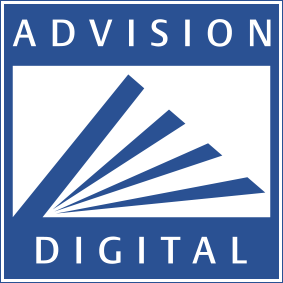SEA (Search Engine Advertising) FAQ
Question 1: What is SEA?
Answer: SEA stands for Search Engine Advertising, which is online marketing aimed at placing ads in search engines like Google or Bing. It targets users who search for specific keywords.
Question 2: How does SEA work?
Answer: SEA operates by advertisers bidding on specific keywords. When a user searches for those keywords in a search engine, the advertisers' ads appear in the search results. The ad's position is determined by the bid and ad quality.
Question 3: What are the advantages of SEA?
Answer: SEA offers several benefits, including:
- Quick results: SEA provides immediate visibility and traffic.
- Targeting: Advertisers can focus on specific keywords and audience segments.
- Measurability: The success of SEA campaigns can be precisely measured and analyzed.
- Budget control: Advertisers can flexibly adjust and manage their budget.
- Reach: SEA has the potential to reach a large number of users.
Question 4: Which platforms are suitable for SEA?
Answer: The most popular platforms for SEA are Google Ads and Microsoft Advertising (formerly Bing Ads). Google Ads is the dominant platform with the widest reach, while Microsoft Advertising targets Bing users.
Question 5: How are costs in SEA calculated?
Answer: Costs in SEA are typically calculated on a cost-per-click (CPC) basis. This means advertisers only pay when a user clicks on their ad. Other billing models include cost-per-mille (CPM) for a thousand ad impressions or cost-per-acquisition (CPA), where payment is based on each conversion.
Question 6: How can you measure the effectiveness of a SEA campaign?
Answer: The effectiveness of a SEA campaign can be measured using various metrics, including:
- Click-through rate (CTR)
- Conversion rate
- Return on investment (ROI)
- Cost per conversion (CPA)
- Quality Score (in Google Ads)
- Impressions
- Click share
Question 7: Which keywords should one choose for SEA?
Answer: The choice of keywords depends on the campaign goals and the target audience. It's essential to select relevant keywords related to the company's products or services. Keyword research and analysis are crucial to identifying the right keywords.
Question 8: Are there best practices for successful SEA campaigns?
Answer: Yes, some best practices for successful SEA campaigns include:
- Continuously optimizing ads and keywords.
- Precisely targeting the audience with ads.
- Conducting A/B tests to compare the performance of different ad variations.
- Monitoring and adjusting the budget.
- Using conversion tracking to measure success.
Question 9: How can you effectively run SEA with a limited budget?
Answer: With a limited budget, it's crucial to plan and monitor expenses carefully. Focus on high-quality keywords and ads, optimize continuously, and use bidding strategies to use the budget efficiently. Choosing niche keywords can also be cost-effective.
Question 10: Are there alternatives to SEA?
Answer: Yes, there are alternative marketing channels such as SEO (Search Engine Optimization), content marketing, social media marketing, and email marketing. The choice depends on your company's goals and resources.
Please note that SEA is a complex topic, and these answers provide a basic introduction. It's advisable to seek professional assistance or training when starting an SEA campaign.
